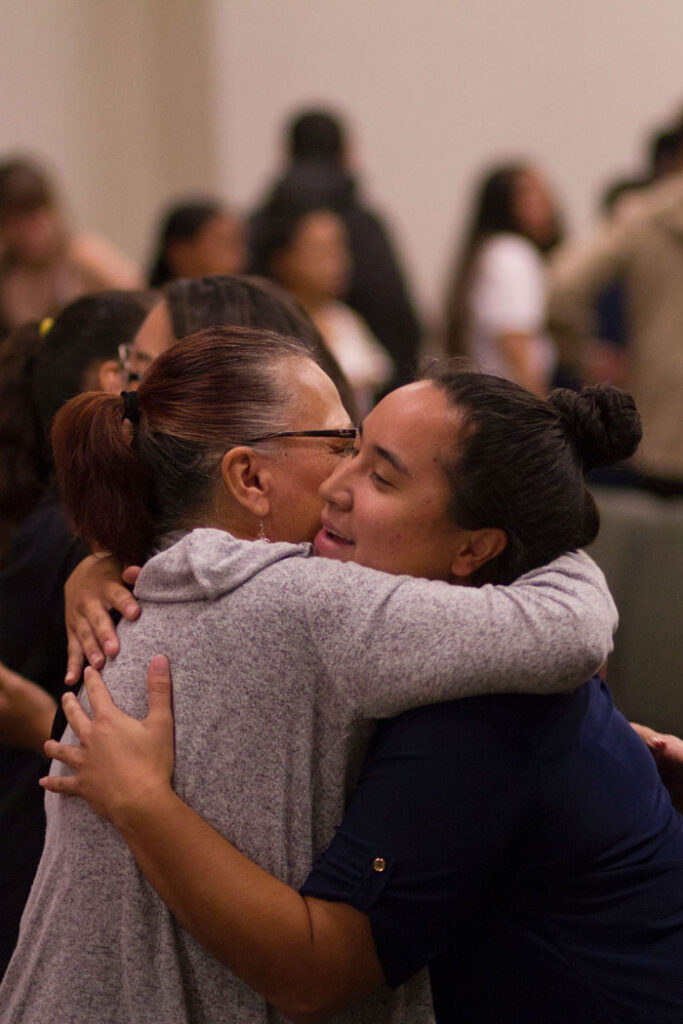there when it's needed most
The Foundation prioritizes long-term solutions – but sometimes crisis hits and people just need a quick “hand up.” Helping Hands grants are hardship funds for low-income people who are looking to our trusted charity partners for help.
* All Helping Hands requests must come through one of the Foundation’s charity referral partners. If the request is approved, the Foundation then issues a check to the referral partner, and the partner manages the grant.
The funds are intended to be:
- A bridge to stability, for people dealing with a one-time crisis, or
- A one-time assist, to prevent a financial spiral that people might not recover from.
Helping Hands grants are made on a one-time basis, and only as a last resort. These grants provide for basic needs such as:
- Wheelchairs, ramps, dentures, eyeglasses, or other necessary medical equipment
- Security deposits, rent, or utilities to secure or maintain safe, affordable housing
- Critical prescription medications not covered by insurance or Medicaid
- Car repairs that are essential to maintaining a job or accessing medical care
- Other financial assistance that bridges a short-term gap to long-term stability.

Grant Cycles and Deadlines
Helping Hands Grants are considered year-round. Because they relate to families in crisis, we typically respond within one business day of receiving the request online.

what does "one-time basis" mean?
Because our funding is limited, an individual or family is only eligible for one Helping Hands grant from the Foundation. Once the grant is made, the family cannot re-apply through any referral partner for another need.
what does "last resort" mean?
Referral partners must first tap into any other resources available to meet the need before requesting a Helping Hands grant. By making a request, they are certifying that all other sources – including other government and private funding sources, family and friends of the client – have been exhausted.
what other factors are considered?
Helping Hands grants are intended to improve the long-term quality of life for our low-income neighbors, or to stop a short-term crisis from spiraling downward into a situation from which a family cannot recover. The grant should be a bridge to stability for an individual or situation, not a temporary band-aid. For that reason, we decline funding if it seems that making the grant would simply defer the problem until a later date.
How does someone request a grant?
Established referral partners can apply on behalf of individuals they serve. Individuals cannot apply. See the current list of referral partners. Requests are considered on a rolling basis
